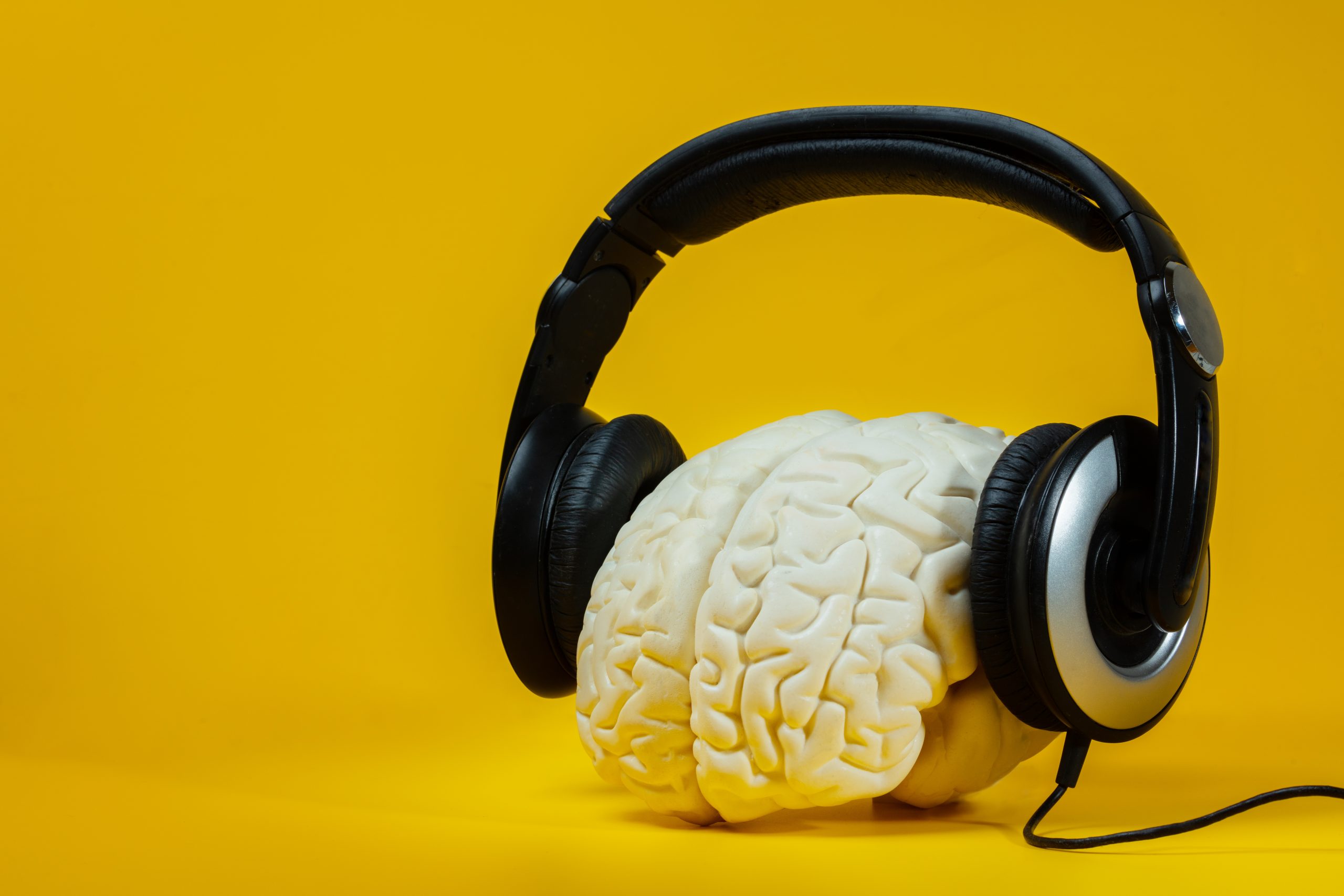Music has the remarkable ability to touch our emotions, evoke memories, and transport us to different times and places. But did you know that music also offers numerous benefits for brain health? Research suggests that engaging with music can have a profound impact on cognitive function, emotional well-being, and overall brain health. In this article, we will explore the benefits of music for brain health and highlight the importance of incorporating music into your daily life.
- Cognitive Enhancement: Music activates multiple areas of the brain, including those responsible for memory, attention, and executive functions. Listening to music, playing an instrument, or engaging in musical activities stimulates neural connections and promotes cognitive development. It has been shown to improve memory, enhance focus and concentration, and boost overall cognitive abilities.
- Mood Regulation: Music has the power to influence our emotions and mood. Listening to uplifting and joyful music can enhance mood, reduce stress, and promote relaxation. It triggers the release of endorphins, the brain’s natural “feel-good” chemicals, and can be a powerful tool for managing stress, anxiety, and depression. Incorporating music into daily routines can provide emotional support and contribute to a positive mental state.
- Enhanced Learning and Creativity: Music engages both sides of the brain, promoting connectivity between different brain regions. This cross-brain communication facilitates learning and boosts creativity. Studies have shown that children who receive music education demonstrate improved verbal and mathematical skills, as well as enhanced problem-solving abilities. Engaging with music throughout life can help maintain cognitive flexibility and promote lifelong learning.
- Neuroplasticity: The brain’s ability to change and adapt, known as neuroplasticity, is essential for healthy brain aging. Music has been found to enhance neuroplasticity by strengthening neural connections and promoting the growth of new neurons. This can help preserve cognitive function, delay age-related decline, and improve overall brain health.
- Memory Enhancement: Music has a unique way of evoking memories and emotions. Listening to familiar songs or melodies can trigger memories and facilitate the retrieval of autobiographical information. It has been used successfully in memory rehabilitation for individuals with cognitive impairments, including those with Alzheimer’s disease and dementia. Incorporating music into memory exercises and therapies can improve memory recall and promote a sense of well-being.
- Stress Reduction: Chronic stress has detrimental effects on brain health, including increased risk of cognitive decline and neurodegenerative diseases. Music has a calming effect on the brain and body, reducing stress hormones and promoting relaxation. Listening to calming music or engaging in music-based relaxation techniques, such as guided imagery or mindfulness, can significantly reduce stress levels and contribute to overall brain health.
- Social Connection: Music is often a shared experience, fostering social connections and a sense of belonging. Participating in music-related activities, such as singing in a choir or playing in a band, promotes social engagement and interaction. Social connections are vital for brain health, as they reduce feelings of loneliness, improve mental well-being, and enhance cognitive function.
- Motor Skill Development: Playing a musical instrument requires precise coordination between the hands, fingers, and brain. Learning and practicing an instrument can enhance fine motor skills, hand-eye coordination, and spatial-temporal abilities. Engaging in musical activities that involve movement, such as dancing or playing percussion instruments, further enhances motor skill development and promotes brain plasticity.
- Emotional Expression and Communication: Music offers a unique channel for emotional expression and communication. It can help individuals express and regulate emotions, particularly when verbal communication is challenging. Engaging with music allows for emotional expression in a safe and non-judgmental manner, fostering emotional well-being and strengthening interpersonal connections.
- Rehabilitation and Therapy: Music therapy has been widely












